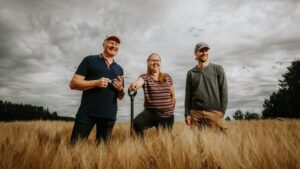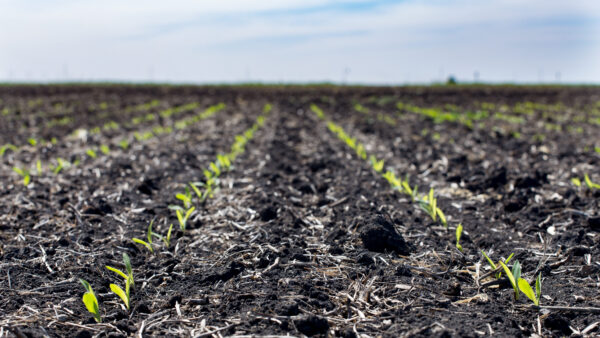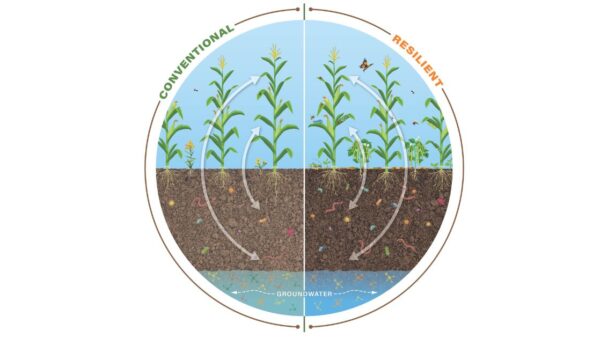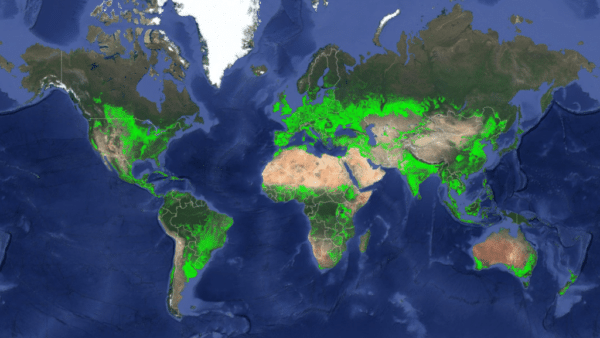The U.S. National Science Foundation, alongside international partners, has awarded funding to new research centers, focusing on bioeconomy solutions through multidisciplinary collaboration.
The U.S. National Science Foundation (NSF), in collaboration with agencies from Canada, Finland, Japan, South Korea, and the United Kingdom, has announced the funding of new international centers of excellence as part of its Global Centers competition. These centers are designed to advance research in the bioeconomy by addressing global challenges such as increasing crop resilience and developing sustainable fuel sources.
One of the newly funded centers, the Alliance for Socially-acceptable & Actionable Plants (ASAP), is spearheaded by the University of Illinois Urbana-Champaign (UIUC). This initiative is supported by international partners including the Research Council of Finland (RCF), Japan Science and Technology Agency (JST), and United Kingdom Research and Innovation (UKRI).
“Faster progress towards a sustainable bioeconomy is essential to reduce carbon emissions and ensure the production of cleaner energy. One key goal is improving feedstock-crop performance and resilience. We are excited to be working with partners from around the world to tackle this important challenge, including understanding the social elements of technology acceptance,” said Tracy Lawson, Director of ASAP and professor of plant biology, in a UIUC news release.
The 2024 Global Centers awards focus on research in the bioeconomy, whether it’s boosting crop resilience, converting biomass into sustainable fuel, or scaling biotechnology applications for societal impact. These centers emphasize collaboration across scientific disciplines and countries, including integrating education and social sciences to ensure the outcomes benefit society. Public engagement and workforce development are central to the mission, with an emphasis on community impact.
“Global Centers are leveraging expertise and resources across like-minded nations and uniting multidisciplinary teams from around the world to accelerate innovations in the bioeconomy for great impact,” said NSF director Sethuraman Panchanathan. “Together, we are forging new solutions to pressing socioeconomic challenges impacting all of us. These international centers of research excellence will generate crucial knowledge, empower communities and strengthen the foundations of global cooperation.”
At the University of Illinois, the ASAP Global Center is led by Lawson and Andrew Leakey, professor of plant biology and ASAP deputy director. The center is supported by researchers from Finland, Japan, and the UK, including experts from institutions such as the University of Essex, University of Oxford, and University of Vaasa.
The ASAP center focuses on synthetic biology solutions to develop high-energy, water-efficient crops by leveraging genetic diversity. The international research team integrates recent breakthroughs in genetics, synthetic biology, AI, and biotechnology to enhance crop performance. In addition to technical advancements, the project explores stakeholder attitudes toward biotechnology and sustainability.
“Progress towards improving feedstock crops for a viable bioeconomy is limited by the slow speed of the design-build-test-learn cycle and the urgent need to discover genetic variants that confer trait improvements,” Leakey said. “ASAP will deliver a synthetic biology solution to produce high-energy, water use efficient crops as a case study for leveraging robotics, AI-enabled analysis, and gene editing in an integrated manner.”
The center will also utilize AI tools and biofoundries to expedite the crop improvement process, while training future scientists and engaging both the public and industry to ensure that innovations align with consumer and market needs.












